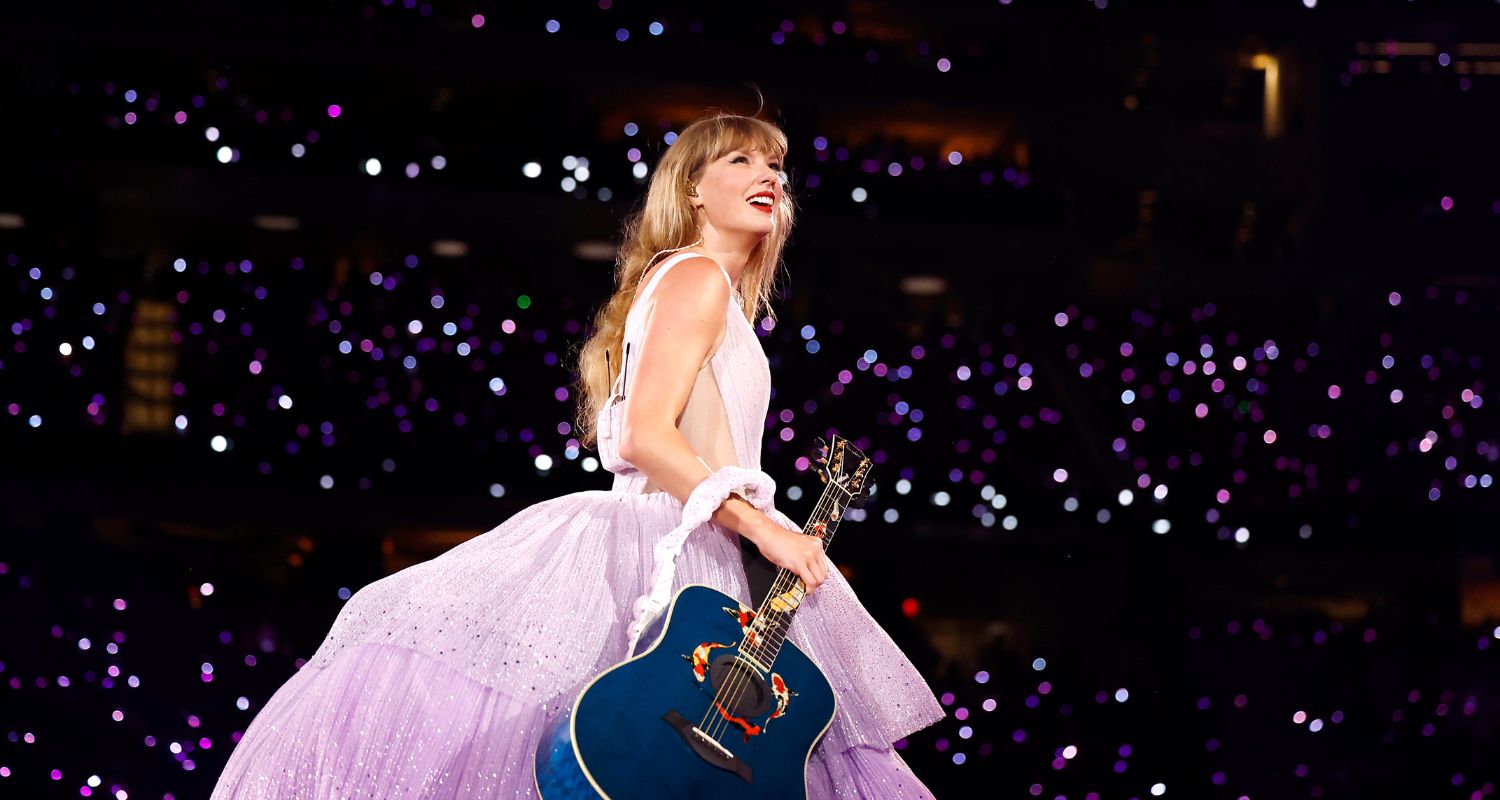When the show Big Miracles was announced as a new series on Channel 9, a visceral reaction followed. It’s not surprising to see that a narrative dedicated to chronicling the heartbreak and joy of fertility journeys would make for great TV.
It has got everything —tears, success, twists, turns —but some viewers couldn’t help but wonder whether making money off people’s trauma blurred more than a few ethical lines.
Is Channel 9’s Big Miracles ethical?
The public critiqued the channel’s decision to air the show directly after show directly after Married At First Sight, Australia’s number one TV show.
Sure, that scheduling draws a lot of eyeballs, but pinballing from OnlyFans and cheating scandals to people’s despair around fertility issues is a big jump for viewers. Australians took to the internet to share their distaste about what they saw as the trivialization and exploitation of the couple’s intensely personal grief.

Simultaneously, the pioneering show is bringing light to struggles usually felt in silence and darkness. Fertility is a topic that often ends up shoved under the proverbial rug. It is a quiet pain punctuated by unwitting family members asking, “So, when are you finally going to have children?” at Christmas.
In Australia, one in six couples will fail to conceive after trying for one year, which is the clinical definition of infertility. The experience these people are so bravely sharing on the show is not rare.
While some felt that it was merely a money-making exercise, others feel it is important to talk about the reality of IVF in such a public way.
Why there is a place for Big Miracles on television

It’s something Keira Rumble, founder of Habitual Beauty and Krumbled Foods knows all too well.
“I am currently 23 weeks pregnant (my 9th pregnancy), with only one living child and soon to be a second living child,” she told marie claire.
“The triggers from trauma can be constant, surrounding not only myself but others that have walked a similar path, and sometimes it is hard to escape. While it is a deeply emotional experience, honesty and compassion are certainly the best way forward.”
She believes the show is “absolutely a step in the right direction.”
“Opening up the conversation further regarding fertility challenges, loss and IVF is definitely going to help allow others to not feel so alone and isolated. Going through pregnancy losses and IVF was one of the most isolating and challenging times in my life. It wasn’t until I started speaking openly about my experience that I started to feel more supported (even by complete strangers),” she explained.
With only one episode out so far, it is hard to speculate on whether the series will tip the balance into ‘exploitative’ territory. However, it is Rumble’s sincere hope that being on the series has helped the couples begin the healing process.
She added, “If done sensitively and correctly, showing a personal raw account of someone’s fertility journey has the opportunity to deeply resonate with others going through similar experiences.”
What do people who have been on the show think of Big Miracles?

We also had the opportunity to speak with Dr Raelia Lew, the Director of Women’s Health Melbourne and co-founder of Lovers. She worked with one of the couples on the show, Chantelle and Dylan, while Big Miracles was being filmed.
It is Dr Lew’s opinion that even though one in 20 babies is born via IVF these days, there remains a lot of privacy and stigma around the topic.
“I feel exposure to the realities of IVF and fertility medicine might help break down some of the surrounding stigma. Hopefully TV viewers respond with empathy and more understanding of the challenges people may face and also the brave lengths we are prepared to strive to, in order to help create families,” she tells marie claire.
Dr Lew says working with Chantelle and Dylan on their egg freezing story was a wonderful experience. “I have had a long term clinical and research interest in egg freezing and am proud to be one of Australia’s leading experts in this field. Egg freezing is an amazing technology that can assist women and all people with ovaries to broaden their future options to have a family,” she explained.
Could Big Miracles help more people be proactive about their fertility?

Dr Lew knows that egg freezing is a procedure best completed with healthy eggs taken younger than the age of 35. It is her hope that the show will move the needle on women in their late 20s and early 30s who proactively take opportunities to understand their unique fertility circumstances.
“Five or ten years from now, there may be real people who chose to freeze their eggs because they saw this show. Those eggs will bring babies into the world, who otherwise might never have been born. When you think of that, it’s really powerful and inspiring,” she says.
It is Dr Lew’s perspective that male infertility is another topic not receiving nearly enough airtime, and that the show might encourage more men to think about their options.
Being a doctor and not a TV personality, Dr Lew admits that filming the show did feel a little awkward at first, but that it was her passion to share the work being done in reproduction that pushed her to continue with it. “I’m glad I took part,” she adds.
“People with infertility are all around us, in our friendship circles, in our families, in our workplaces. The more people understand, relate and empathise with the circumstances of others, the kinder and more considerate we can be of each other during very difficult and emotional times.”
It appears that this is a sentiment felt by some viewers too, with many people taking to Twitter to share their own stories and why Big Miracles is important.

What more needs to happen in fertility to improve the experience?
According to Dr Lew, treatment cost and access to care are the two biggest obstacles in the fertility space.
“We are very lucky in Australia that we have Medicare rebates for some IVF treatments, but many aspects of assisted reproductive treatment care are still personally funded by patients out-of-pocket and there are many communities in our country who don’t have local access to IVF services either in public or private practice,” she explains.
“I would love to see Medicare and the health insurance sector recognise the medical need and offer some assistance to help women who wish to freeze eggs.”
She believes this should happen because of the circumstances many women are facing right now.
“We’re influenced by society to strive for higher education, career, financial security, home ownership and family. The age of the average woman having her first baby has been rising for decades, with infertility rates and the need for IVF treatment rising in parallel. When a woman wants to freeze young healthy eggs to provide herself with her best future chance of being a mum, I think it’s in our society’s best interests to help.”
For Rumble, she wants more awareness around the support networks available to couples.
“Particularly Pink Elephants. They provide a non-judgemental and gentle place to share your stories and find the support you need,” she says. “If someone is wanting to share their story but hesitant to share with friends and family to start, somewhere like Pink Elephants Support Group (on Facebook) is a great place to start.”
She also believes that exposing those who may not have experienced fertility struggles to these stories is important, “to gain an insight and some perspective of just how challenging, and, at times, all consuming, it really can be.”
Rumble would like to see less people feeling alone and isolated, to remove the stigma around IVF and to ensure we have a medical system that provides far more support to families navigating pregnancy loss and experiencing infertility challenges.
If you have experienced pregnancy loss or stillbirth and are in need of support, you can call SANDS on 1300 072 637. Lifeline is also available on 13 11 14.
If you’ve experienced the loss of a child call Bears Of Hope on 1300 11 HOPE.









